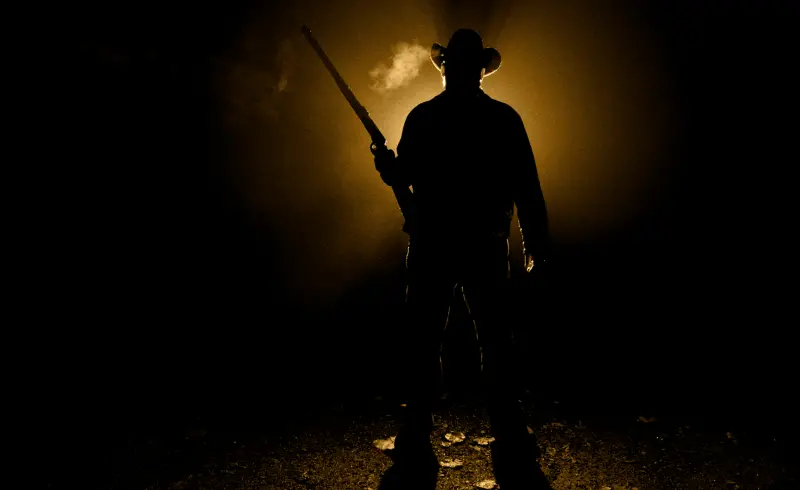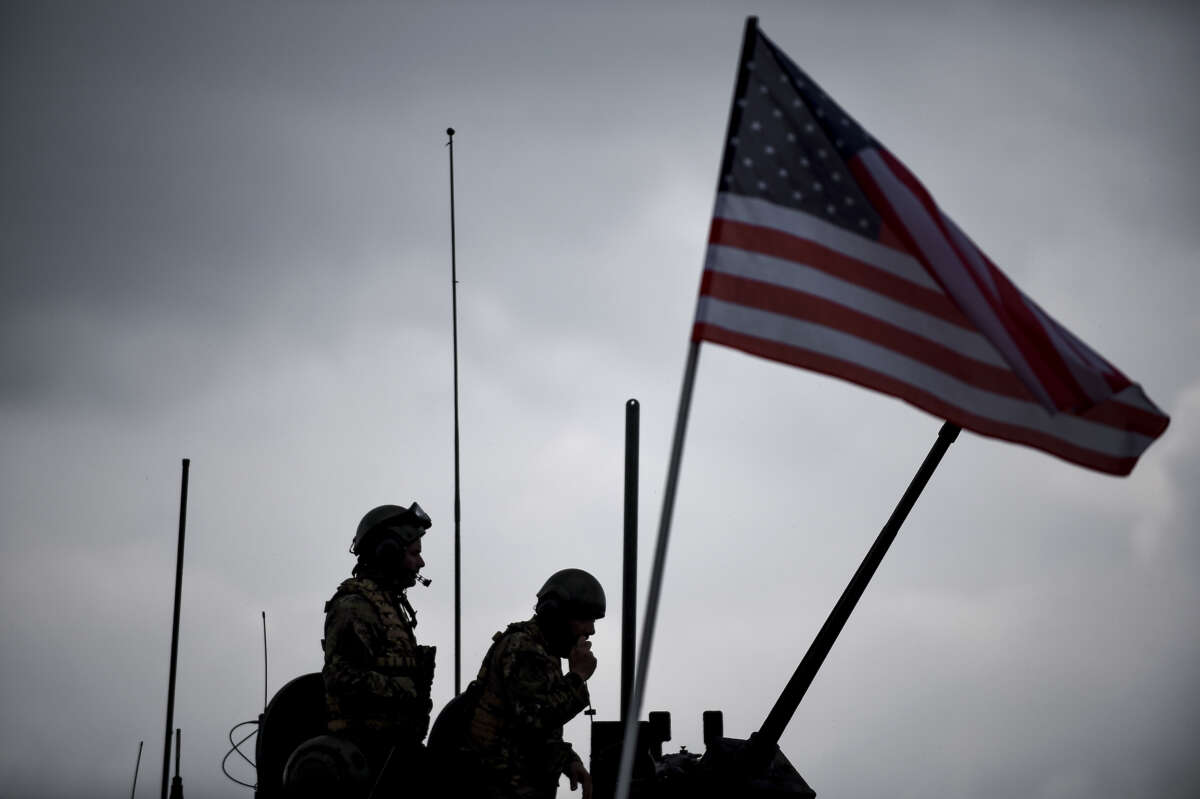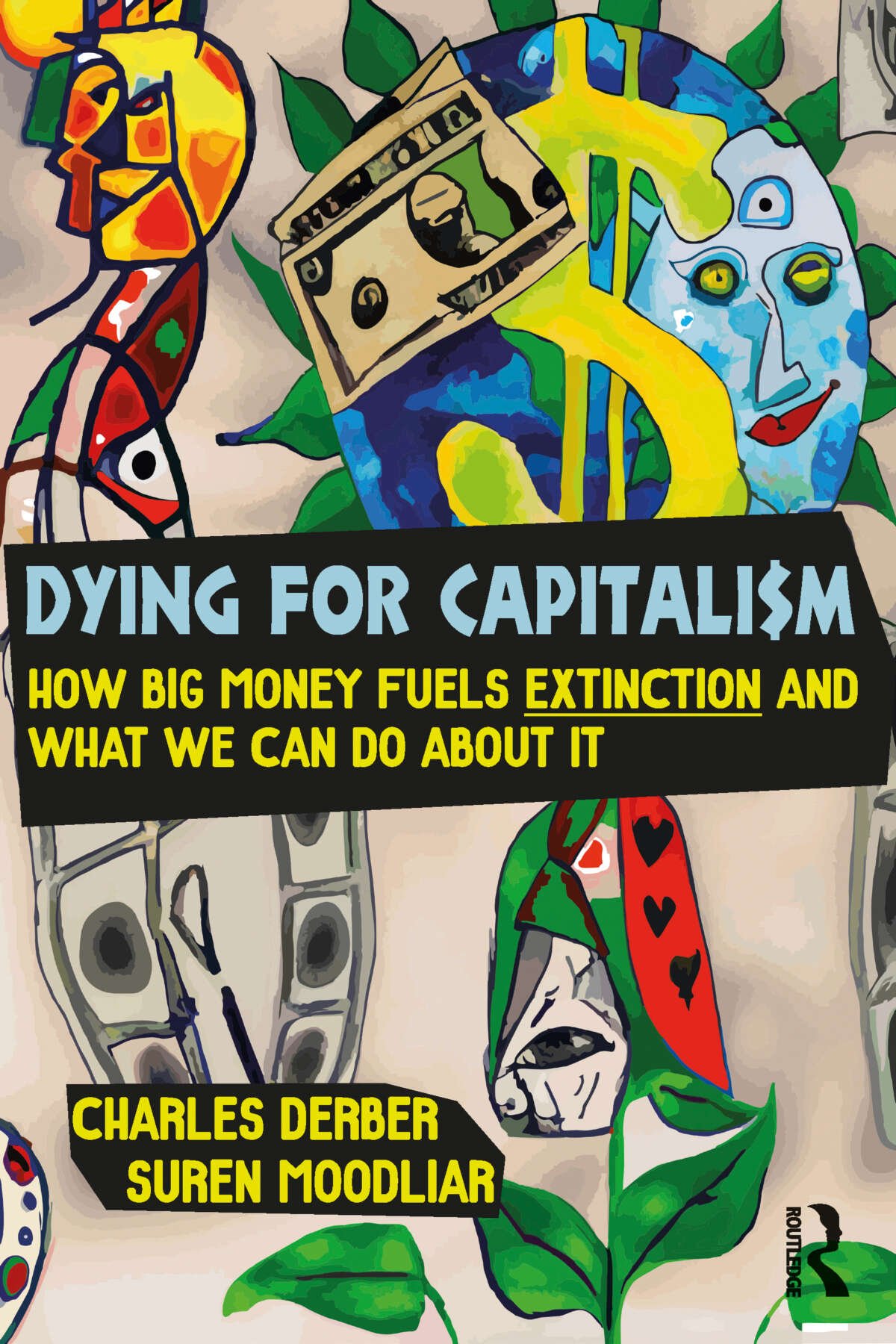
“After every atrocity, one can expect to hear the same predictable apologies; it never happened; the victim lies; the victim exaggerates; the victim[s] brought it upon [themselves]; and in any case, it is time to forget the past and move on. The more powerful the perpetrator, the greater is his prerogative to name and define reality, and the more completely his arguments prevail.”
—Judith Herman, Trauma and Recovery: The Aftermath of Violence
Hannah Arendt famously spoke of “the Banality of Evil.” To the Banality of Evil, we must add the Everyday Practicality of Evil, the Ordinary Pragmatism of Evil. This is the whole subject of this essay.
When Holocaust deniers deny the Holocaust, we usually know why. They know their neo Nazi or anti-Semitic beliefs are discredited by the massive horror of genocide their ideological clones committed. When many Turks deny the Armenian, Assyrian, and Pontic Greek genocides, we know why. It offends their sense of pride in the Turkish nation and people.
For American deniers, it’s more complex. When Americans deny genocide took place in America, they often are not doing so from malice, but ignorance. Most are actually repeating the poor, heavily whitewashed, and highly censored and sanitized schooling they had, and thus are blameless.
But many other Americans often are no different in motive than their anti-Semitic or Turkish nationalist counterparts. American pride often demands the Myth of American Innocence, the ludicrously unlikely claim that every American has always been as innocent of wrongdoing as an infant, or perhaps Jesus himself. In recent years, there has even been the bizarre resurgence of an idea discredited in academia for two generations, American Exceptionalism, with fealty to a patently absurd claim to unique American virtue. Genocide denial in America is a product of cognitive dissonance. Genocide in America is denied because it is uncomfortable to admit to it if you strongly believe in American patriotism.
There was no such genocide denial while the most obvious forms of physical genocide were going on, when it was openly called or even celebrated as the extermination of inferiors and heathen savages. Only after the worst and most blatant of mass murders ended did the denials begin.
This denialism grew stronger over time, in the name of colonialist nostalgia and hagiography for American Founding Fathers. Nomadic conquerors from Europe and their descendants transformed into “settlers.” The true settlers, indigenous people building and living in established nations, are depicted as “nomads” who magically vanished away like snow in the spring, their genocide supposedly natural, its perpetrators unmentioned, but obvious to any discerning eye.
America is mostly a nation in denial about the genocides (yes, plural) that took place on its own soil. America is mostly a nation in denial about genocides carried out by some of its people, including governments and leaders. This denial is taught by most of its schools and teachers, and led by and enforced and reinforced by its leading commentators, journalists, politicians, and even scholars.
Most individual Americans are guiltless of genocide denial. They cannot be blamed for what they were not taught, or more often, deliberately mis-taught, falsely indoctrinated, and outright lied to. But for their leaders, their media and government figures and especially academia, it is a different matter. All guilt is theirs, all shame, and all the harm caused by such denial needs to be laid upon them, almost as much as that of the ones carrying out physical genocide. Those who deny genocide need to be recognized as collaborators after the fact, like a criminal who helps another criminal conceal evidence of a crime.
There are, to be sure, many without blind spots. Some scholars have done noble, important, penetrating, insightful and deeply necessary work. There are entire fields like Genocide Studies and American Indian Studies. Entire disciplines like anthropology have spent several generations coming to grips with the legacy of their earlier record of endorsing scientific racism and justifying the worst evils humanity has done, including genocide. Just on the subject of California Indian Genocide alone, we have outstanding history works like An American Genocide by Benjamin Madley; Murder State by Brendan Lindsay; A Cross of Thorns by Elias Castillo; Diggers: Tragic Fate of the California Indians by Jerry Stanley; and Exterminate Them! by Clifford Trafzer. Trafzer, himself a California Indian, deserves the greatest credit for a lifetime of devotion to remembering those lost and understanding the mechanisms of genocide.
But much of this valuable research and insight remains unknown to the American public. This is in spite of the great popularizers of history from below, works that debunk popular myths and strip away falsehoods. Books like James Loewen’s Lies My Teacher Told Me and Howard Zinn’s A People’s History of the United States have a huge impact, eagerly devoured by much of the American public, especially younger generations weary of nationalist, imperialist, or outright racist lies posing as neutral and objective, or most obscenely of all, pretending to be patriotic history.
Yet the push back from many, whether nationalists, racists, or simply those who don’t want to believe anything negative about America, has prevented such truths and insights from making their way into public schools. I know firsthand as a college professor who teaches primarily first year students. Not one in fifty of them ever heard the term genocide in their high schools except when discussing the Holocaust. In seventeen years of teaching over 2,000 students, not a single one of them ever heard of California Indian Genocide before.
Try to imagine something comparably disturbing, that very few Germans except scholars knew about the Holocaust. Would the world not rightfully be concerned that Germany might be part of the rise of fascism or another mass murdering dictatorship again? Would it not make sense that Jews and others would fear history repeating itself, and a future German genocide seem almost inevitable? In the US, failing to teach accurately about genocides on American soil made it far more likely it would happen again…seven times.
To its credit, German society teaches extensively about Holocaust Studies in its high schools. Germany is more honest about its history because the Nazis lost power. In the US, genocide perpetrators won, and their descendants remain powerful and prospered unchallenged. Only with the start of the civil rights movement did a powerful moral counter narrative begin.
Holocaust deniers are deservedly outcast pariahs, regarded as the cranks and bigots they are. But deniers of genocide against American Indians and others in the US have the highest levels of respectability, and are often rewarded for their denial. American genocide deniers are likely to be praised as “thoughtful” and “non-ideological” and “calm” for their arguments when they should be seen as they truly are: nakedly aggressive, carrying out a willfully blind murder of the truth, and ultimately hateful.
What is the effect of such mainstream American genocide denial? First, look at the effect Holocaust denial has on Jewish people. Denial comes from bigots or cranks arguing, “Your relatives did not die in camps. You made that up. You just want to make Germans feel guilty. Jews own all the banks anyway. Jews were traitors to Germany and a threat to the world.” Such claims are horrifying, deeply ignorant and prejudiced, but done almost entirely by the fringe.
Now imagine yourself as an American Indian, say one who is 30 years old, born in 1989. Nine tenths of your people were killed during the Gold Rush, or a third killed on the Trail of Tears, or many of them slaughtered at Sand Creek or any number of other massacres. But the textbooks, when they discuss this at all, often call such massacres “battles.”
Your people likely lost their homeland a century and a half ago. You don’t know your own language because your grandparents and great grandparents were beaten if they dared speak it at government boarding schools they were forced to attend. There is as much as a one in four chance your female relatives were forcibly sterilized by the US government. One aunt may have gone in to have her tonsils taken out and then had her tubes tied without being asked. Or an older female cousin might have been told she had to be sterilized, threatened that she would lose custody of her children if she did not.
There is also a one in four chance you were forcibly adopted by white fundamentalists, Mormons, or others convinced it was for your own good. Perhaps they never told you about your people’s past, or if they did, taught you it was “savage” and better forgotten. Maybe you did not find out you were Native until adulthood. Possibly only then did you discover your real family was intact all along, and there were relatives out there you didn’t know.
Still, you hold onto traditional knowledge to help you deal with being stopped yet again by the police for Driving While Indian, and by so many people being surprised Natives still exist when nearly one in 50 Americans are also American Indian. You try not to get discouraged realizing most other Americans don’t know about genocides done by American governments, even presidents, against American Indians and Latin American Indians as recently as 1974 and 2000, respectively.
But everyone keeps telling you, “Native Americans never went through genocide.” The schools claim this, and most non-Natives do not know any better, even while Natives do. The list of justifications many repeat to you is long:
“It was all by accident. Disease did all the killing.”
“Those Natives were savages. They killed each other too.” (But raiding is not genocide.)
“Besides, they get all that money from casinos.” (Actually, most tribes don’t have them.)
“There’s no real Indians left anyway.”
“There’s only about 10,000 Natives left.” (Actually said to me by students.)
“I don’t care, and I’m one myself. I heard we had a Cherokee princess in our family.”
“We honor those people with sports mascots. Go Braves!”
“They live on free government money.” (Old racist myth.)
Such heinous moral callousness is the inevitable result of teaching genocide denial. When schools teach accidental-disease-as-genocide-denial, what should we expect? When schools spread the Myth of Native Isolation, what should we expect? When professional sports and public school institutions teach that degrading, mockery, and stereotyping are “honoring,” what should we expect? When Hollywood teaches that you are not truly Native unless you lived before 1900 and dressed in buckskin, it’s no wonder many Americans ignore six million American Indians in their midst, imagining all or almost all Natives are gone. These justifications for genocide are what American Indians contend with all the time, often said or shouted directly, face to face.
“American pride often demands the Myth of American Innocence, the ludicrously unlikely claim that every American has always been innocent of wrongdoing.”
No respectable newspaper, magazine, or network would hire Holocaust deniers. No museum or university would sponsor or countenance such unethical bigoted denial, not without rightfully facing condemnation. Heads would roll. A politician, newscaster, or scholar would see their career ended quickly for Holocaust denial. But never has that condemnation or outcast status happened for denying Native genocides, and some are rewarded. The disgust and horror dealing with genocide deniers is a constant daily occurrence for Natives.
Denialism plagues America. The word plague is a deliberate choice, for this illness greatly weakens, even cripples, this nation. Denialism cripples efforts at reconciliation among different backgrounds, harming those in denial as well as the minorities attacked. It also cripples American efforts to deal with human rights abuses and atrocities, ongoing or potential genocide overseas, by removing any claim by America to have the moral high ground, making the US look hypocritical and ignorant of its own past.
This is not even a distant past, as the earlier examples made clear. Natives personally live with genocide right now. Many thousands of Native women living today bear the scars, both literal and psychological, of forced sterilization. Hundreds of thousands of American Indians living today deal with the great trauma of forced assimilation by boarding schools and forced adoption from intact families…

Passengers shooting buffalo from the Kansas-Pacific Railroad, 1871 (Library of Congress)
These should not be shocking revelations or arguments. One of the mistakes made by those who argue what was done to Natives was genocide is to label all seven acts of genocide as only one. Genocide deniers and racists eagerly leap upon this error and exploit it. But we do not say that all genocides ever done against Jews were one genocide. We make a distinction between genocide by Romans, Crusaders, Russians, and Nazis because they took place separately, by different perpetrators over many centuries. These were distinct even though those carrying them out had similar motives, beliefs, and in some cases methods.
We must and should make those same distinctions between genocides against Natives over the course of more than 500 years, beginning with Columbus’s genocide in Hispaniola and ending (for now) with forced sterilization in Peru.
As a rule, perpetrators of genocide must be defeated, thrown out, and punished to end it. Staying in power leads to denials genocide ever happened. Much of the public argues there was no wrongdoing. How could such a horrific crime really be a crime if no one was executed or imprisoned?
Deniers make genocide likely to happen again and again. An entire industry of genocide denial in America, almost all public schools, parts of universities, and textbook companies lazily reproduce denial. Genocide deniers should be named and shamed.
This article is a passage from a forthcoming book entitled Genocide Denial in America.
Published in the Winter 2022 Humanist






